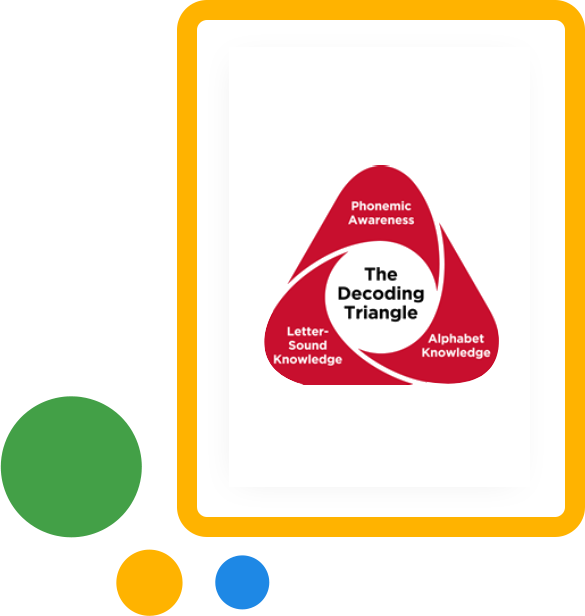
Meet Dr. David Paige

Dr. David Paige is Professor of Literacy at Northern Illinois University, where he specializes in how children acquire proficient reading skills and the implementation of instructional systems that foster reading in students. Paige has published numerous articles in in top-tier journals on topics addressing phonemic awareness and word identification, vocabulary and comprehension, and reading fluency and prosody in elementary, middle, and secondary students. Dr. Paige was the primary researcher for the Bellarmine Literacy Project, a $3.2 million, at-scale reading instruction improvement initiative involving 800 teachers across 72 schools in Jefferson County Public Schools in Louisville, KY. Dr. Paige also founded the Thinking Schools Academy in India, where over 10 years, he trained 1,500 teachers across the country. Dr. Paige works with schools and districts to improve literacy instruction for all students. Go to the link below to view some of Dr. Paige's work.
Artfully Teaching the Science of Reading
This inviting book is a bridge between two major strands of reading instruction that are often held in opposition: the science of reading and artful approaches to teaching reading. Although the current climate of literacy instruction positions these approaches as diametrically opposed, the authors Young, Paige, and Rasinski describe how teachers can use the science of reading to engage students in artful, engaging, and authentic instruction. The authors reveal how effective teaching is a dynamic process that requires agency and creativity and shows how teachers make artful shifts based on the needs of students in specific contexts. Chapters include a range of examples and explanations of how artful teaching is integrated into reading instruction and how it can increase students’ motivation and positive attitudes toward reading. The concise and practical chapters cover key topics, including phonemic awareness, reading fluency, vocabulary, assessment, home and family reading, and more.


Coming in 2024 from Dr. Paige… Teaching the Decoding Triangle: A Developmental Approach to Early Literacy Instruction (published by Routledge)
Teaching early literacy is nothing, if not complex. Effective instruction is underpinned by decades of research that is wide and deep but often not easily comprehensible. Additionally, English reading instruction around the world is undergoing a massive re-direction. This change can be confusing and requires significant study and understanding to be converted to effective instruction.
In Teaching the Decoding Triangle, Dr. Paige begins by explaining the origins of the reading philosophies that have been in vogue for the past several decades but are now giving way to research-based instruction. He then describes the science that informs how the brain converts text to speech, as this understanding informs the larger instructional picture. From there, Dr. Paige helps the reader conceptualize early reading instruction through the idea of the "decoding triangle," the three interactive processes critical to word reading. The next several chapters describe the artful and research-based instruction that students need as they progress through the phases of reading development. A chapter on assessment helps the teacher determine what the child has learned and still needs to know and be able to do. The last chapter provides an overview of how to implement effective, school-wide literacy instruction.
Teaching the Decoding Triangle will help both pre-and in-service teachers better understand literacy development and the effective instruction that children need to become readers who enjoy and understand what they read.
